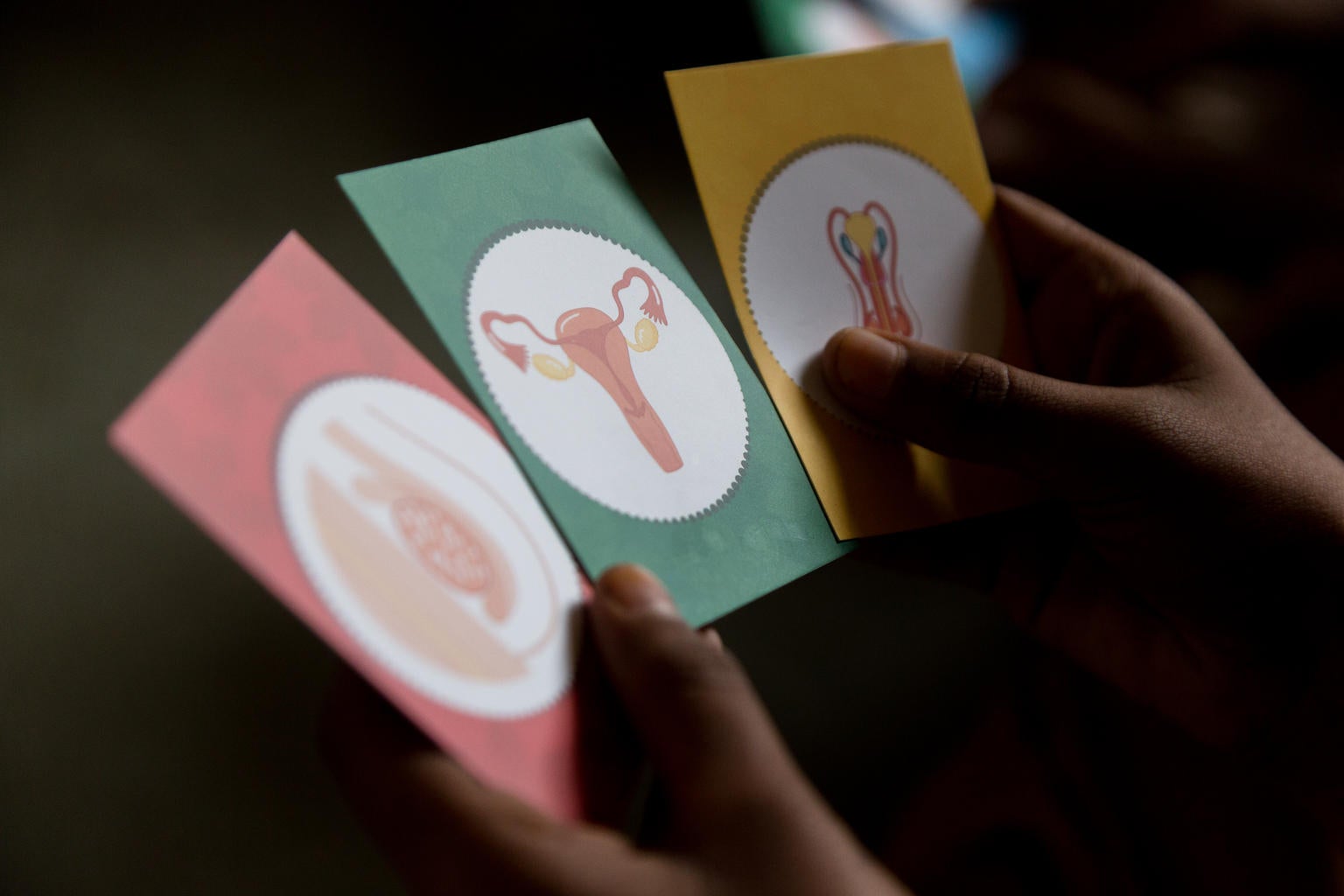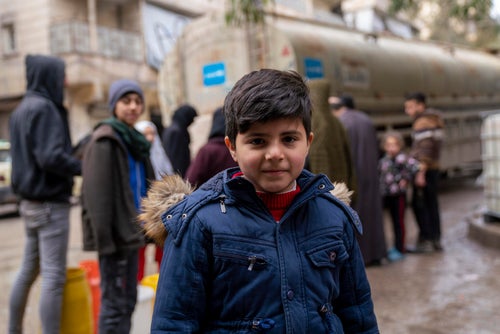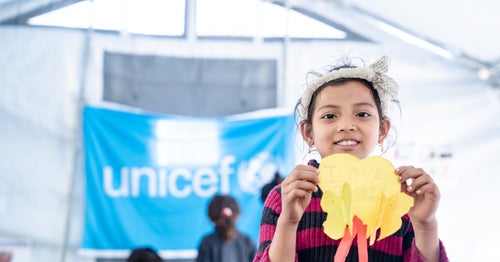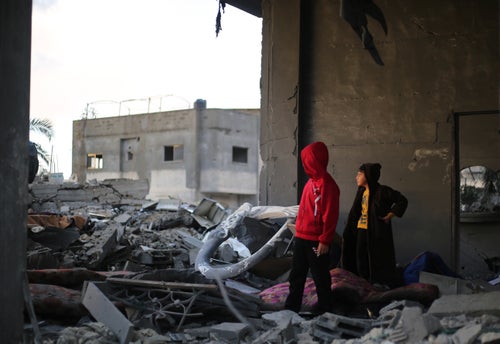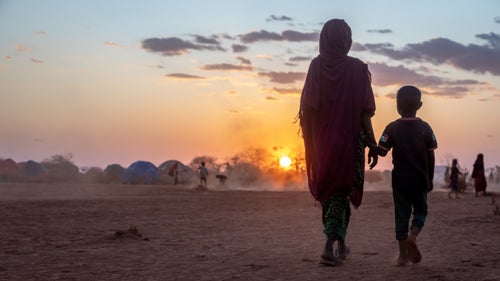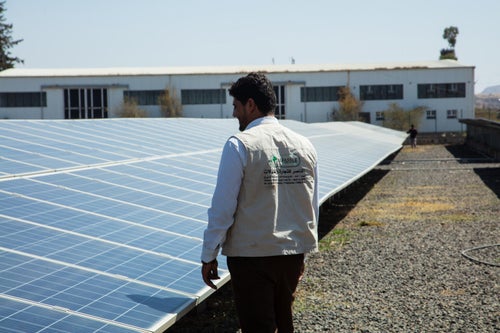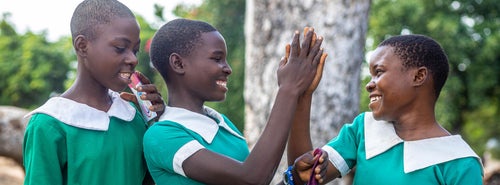On any given day 800 million women in the world have their period.
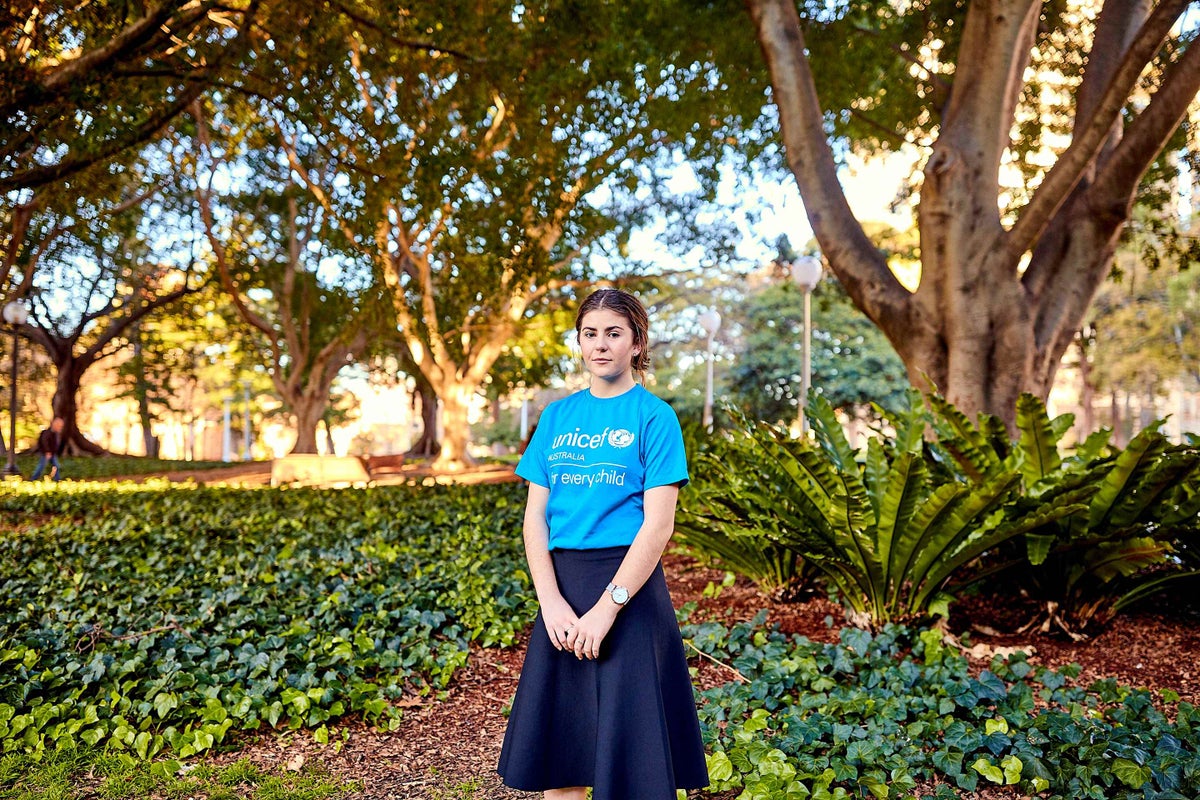
On any given day 800 million women in the world have their period. 800 million women worrying every time they stand up if they’ve leaked through their pants, 800 million women hurrying to the bathroom with a tampon hiding in their clenched first or a pad stuffed up their sleeve, 800 million women experiencing the exact same thing but too embarrassed to talk about it because they don’t want to seem weird, or gross, or make others feel uncomfortable.
Nearly half of our population menstruates at some time in their life, and yet, two thirds of women and girls feel uncomfortable openly carrying their sanitary items to the bathroom, according to a survey by Water Aid Australia.
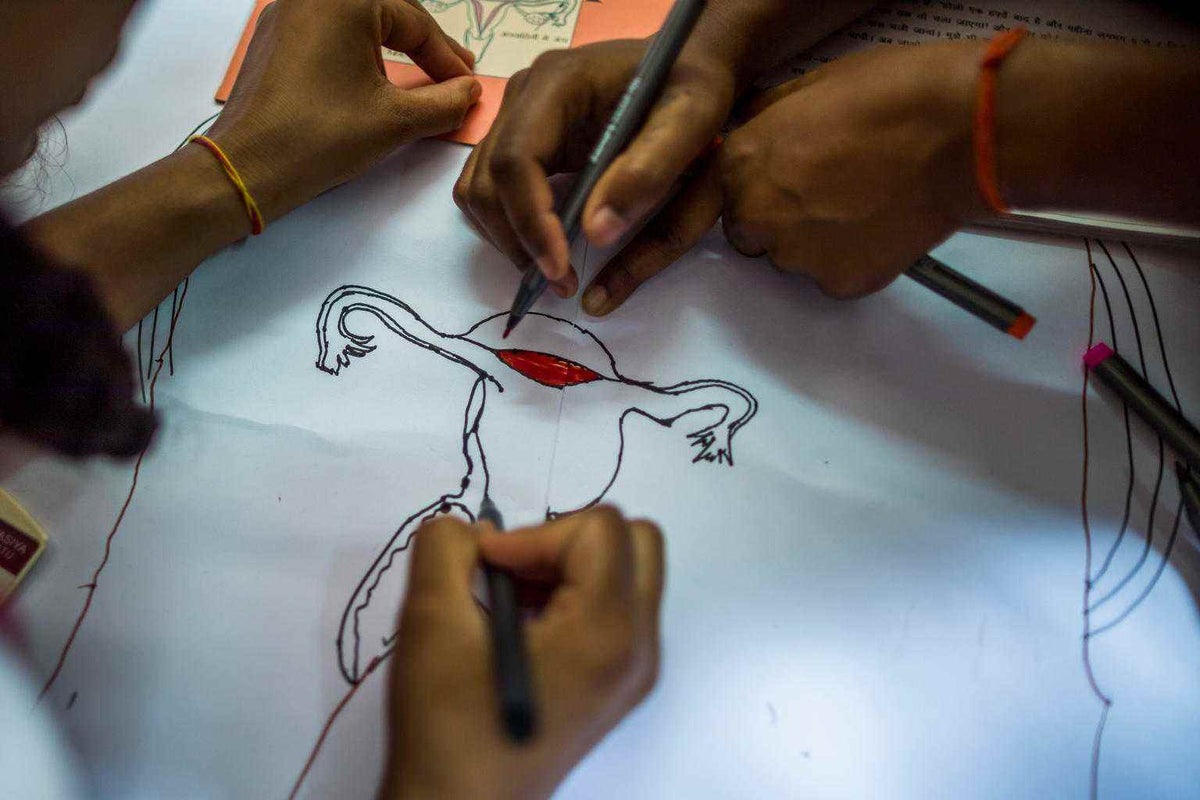
I am very lucky to have grown up in a home where my mum taught me about menstrual health. I could ask my dad to buy me sanitary items and my brothers understood what a period was. I was never scared or confused about having my period.
But I came to learn that this wasn’t the case for millions of girls around the world.
Around the world, many girls are unable to go to school because they have their period, often because they are afraid of being teased, because there's no dedicated toilets for girls and therefore no privacy, or based on social taboos.
It shocked me to learn that many women and girls are unable to just go to the supermarket and buy pads and tampons, and globally one in three women do not have access to a toilet during their period.
As someone who had numerous sanitary items at my fingertips and the knowledge of how to use them, I didn’t realise the impact having access to sanitary items had on my daily life.
"Around the world, many girls are unable to go to school simply because they have their period"
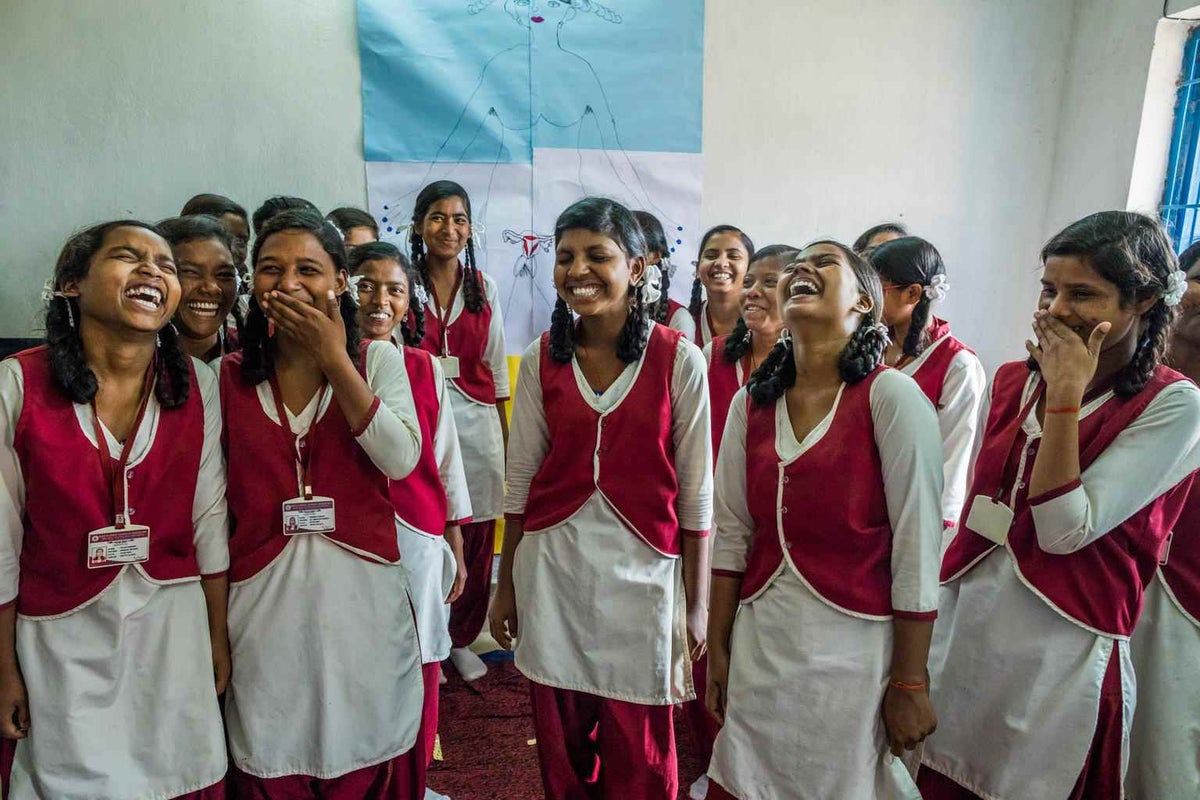
Recently, I travelled to Laos with the not-for-profit Days For Girls (DFG) who provide reusable sanitary pads to girls and women in developing countries. Their vision is to turn periods into pathways. Each reusable pack is handmade by sewing communities in Australia and designed to last 3-6 years. Having the a DFG pack allows girls to continue with their everyday lives, going to school or work.
For the sake of our daughters, sisters, mothers, and wives, our attitude and tone around menstrual health needs to change, because we can’t expect there to be a change in the attitude towards menstrual health unless we alter the conversation.
We need to talk openly about periods – here and overseas – to remove the silence and stigma that surround them and help enable all communities to have a better understanding of good menstrual hygiene practices.
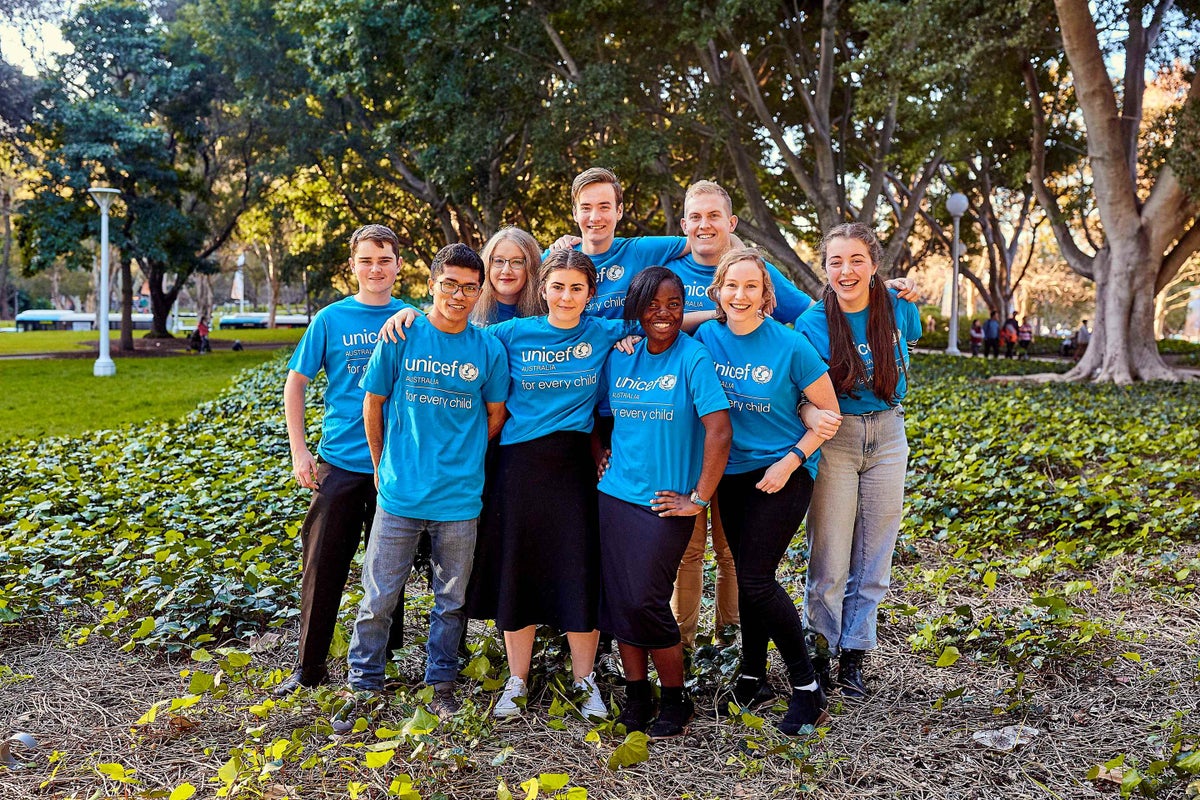
Related articles
Stay up-to-date on UNICEF's work in Australia and around the world



